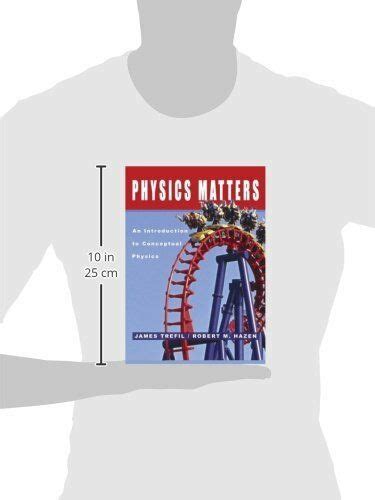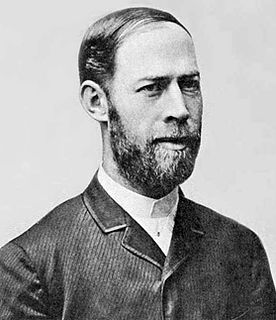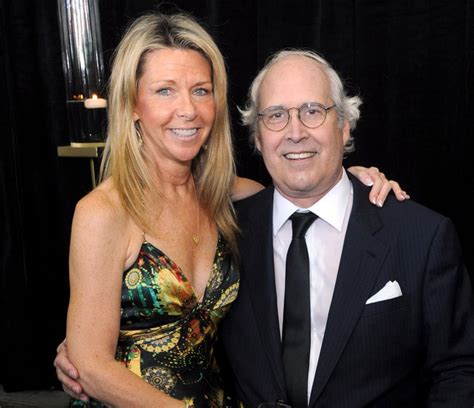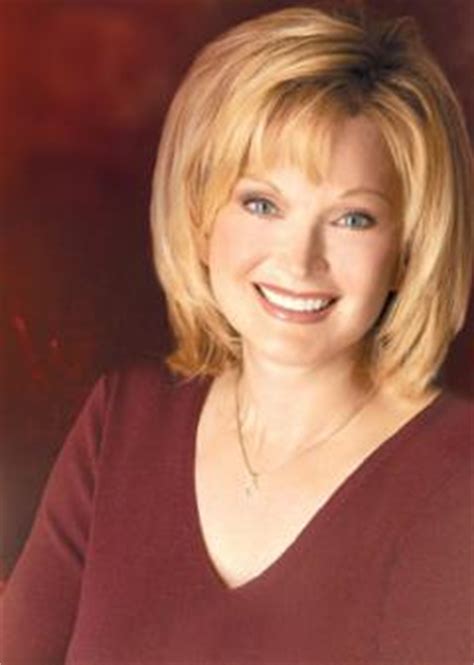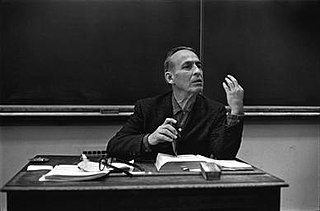A Quote by James Trefil
Great question in science - questions like the ones Herschel raised about the structure of the universe - are seldom answered by ivory-tower types engaging in pure thought. They are answered by people who are willing to get down into the trenches and grapple with nature. If that means casting your own telescope mirrors, as Herschel did, so be it.
Related Quotes
All I did was collect a few of the questions I've been asked through the years, write up a brief response and put them in this publication. As a pastor, you get asked questions and receive emails. Many of them I had answered, but just in conversation. So we kind of re-crafted the question and answered it. It turned out to be an interesting exercise. I hope it's encouraging for people.
Our confused wish finds expression in the confused question as to the nature of force and electricity. But the answer which we want is not really an answer to this question. It is not by finding out more and fresh relations and connections that it can be answered; but by removing the contradictions existing between those already known, and thus perhaps by reducing their number. When these painful contradictions are removed, the question as to the nature of force will not have been answered; but our minds, no longer vexed, will cease to ask illegitimate questions.
Mr. Herschel... brought with him the calculations of the computers, and we commenced the tedious process of verification. After a time many discrepancies occurred, and at one point these discordances were so numerous that I exclaimed, "I wish to God these calculations had been executed by steam," to which Herschel replied, "It is quite possible."
[Herschel and Humboldt] stirred up in me a burning zeal to add even the most humble contribution to the noble structure of Natural Science. No one or a dozen other books influenced me nearly so much as these two. I copied out from Humboldt long passages about Teneriffe and read them aloud on one of [my walking excursions].
have a much harder time writing stories than novels. I need the expansiveness of a novel and the propulsive energy it provides. When I think about scene - and when I teach scene writing - I'm thinking about questions. What questions are raised by a scene? What questions are answered? What questions persist from scene to scene to scene?
Some people think that evolutionary psychology claims to have discovered that human nature is selfish and wicked. But they are flattering the researchers and anyone who would claim to have discovered the opposite. No one needs a scientist to measure whether humans are prone to knavery. The question has been answered in the history books, the newspapers, the ethnographic record, and the letters to Ann Landers. But people treat it like an open question, as if someday science might discover that it's all a bad dream and we will wake up to find that it is human nature to love one another.
In science, every question answered leads to 10 more. I love that science can never, ever be finished. From a young age, people think, 'Science is hard and boring.' We don't tell children, 'Yes, you have to learn these formulae and theorems, but then you go on to learn about nuclear reactions and stars.'
